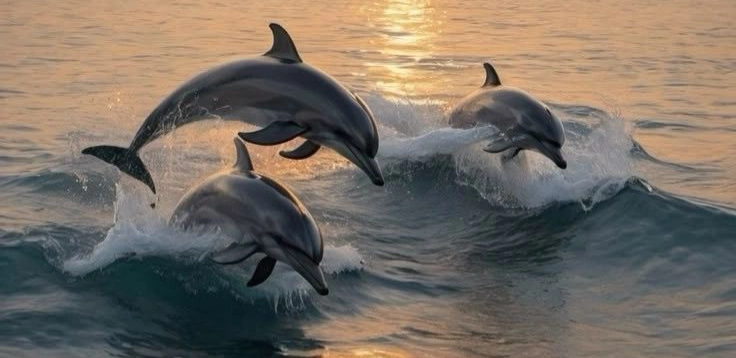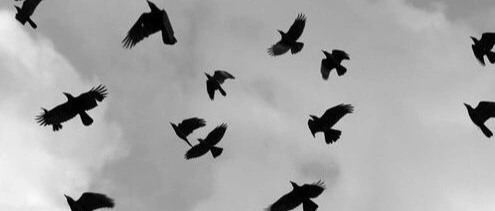Hearing Those Who Cannot Speak
Animals are sentient and intelligent beings without whom life on Earth would be unimaginable. We often think of them as something external: wildlife, exotic creatures, beautiful images in documentaries. But they’re not part of the background — they are full-fledged residents of this planet, just like us. And their world is deeply connected to ours.
Elephants remember their lost relatives and return to their bones years later. Dolphins rescue drowning people without expecting anything in return. Bees sustain the lives of millions of plants. Dogs sense illness in their owners. Crows plan for the future and recognize human faces.
The more science learns about animals, the clearer it becomes: they experience emotions, have intelligence, memory, and social bonds. They feel fear and joy, grief and affection. We are not the only ones who feel.

And yet, animals remain vulnerable. Due to human activity, dozens of species go extinct every year. We cut down forests to build, pollute oceans to simplify trade, hunt for trophies or traditions — often without realizing that with each lost species, the world grows a little quieter.
It’s not only the rare ones disappearing. Familiar species are vanishing too — the birds we heard as children, the butterflies that once danced over flowers, the hedgehogs hiding under the fence. They disappear slowly, quietly, but inevitably.
Still, we have a choice. We can be protectors, not destroyers.
It starts with small actions: not littering in the forest. Helping a stray animal. Avoiding products linked to animal cruelty. Supporting charities and volunteers. Teaching children that animals aren’t toys, but living beings with their own inner worlds.
We can plant a tree, leave water out for birds in the summer, avoid fireworks that frighten animals. These may seem like small things — but they matter.
We’re used to animals being silent. But they are not voiceless. They simply speak in different ways — in the rustle of leaves, in birdsong, in cautious glances. Hearing them means recognizing that we’re not the only ones who have the right to live and feel.

This world is shared. It is not ours alone.And it’s up to us to make sure there’s still space in it for those who cannot ask for help — but need our protection all the same.
Close